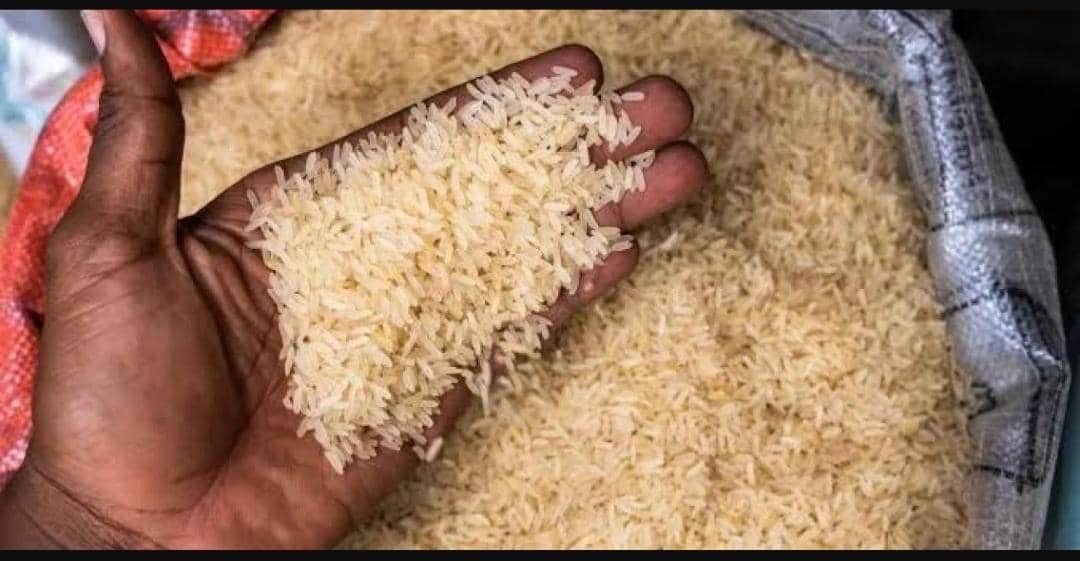
A prolonged power outage, caused by the vandalism of transmission lines, has left business owners across several states struggling, impacting critical services like healthcare, water supply, sanitation, and street lighting, according to the News Agency of Nigeria.
Rice millers in Gombe are among those severely affected. Musa Arab, a miller from Nassarawo Industrial Layout, stated, “Investing in power is essential for industries to thrive.” He added that high fuel costs make it unsustainable to rely on generators, forcing mills to reduce rice production, which threatens food security.
Yusuf Ibrahim, another business owner, noted the inflationary pressures, explaining, “Some have raised their prices to cover diesel expenses, which impacts rice prices.”
In Bauchi, bartender Ugochukwu Daniel highlighted the importance of electricity for his business, saying, “My trade relies on chilled drinks, and without electricity, it’s impossible to operate.”
In the laundry sector, Samuel Adamu reported turning to charcoal for ironing, despite its price rising from N5,000 to N15,000. “Currently, I wash clothes and hire someone for ironing,” he said.
Meanwhile, Muhammad Adamu, Chairman of the Jigawa State House Assembly Committee on Power and Energy, discussed the newly enacted Jigawa Electricity Law 2024, aimed at addressing power challenges. “The new law will establish the Jigawa Electricity Commission to regulate the state’s electricity market,” he said, noting the law’s measures against vandalism.
Following recent constitutional changes, this legislation aims to provide “reliable, affordable, and sustainable power,” especially in rural areas, which is essential for development.
